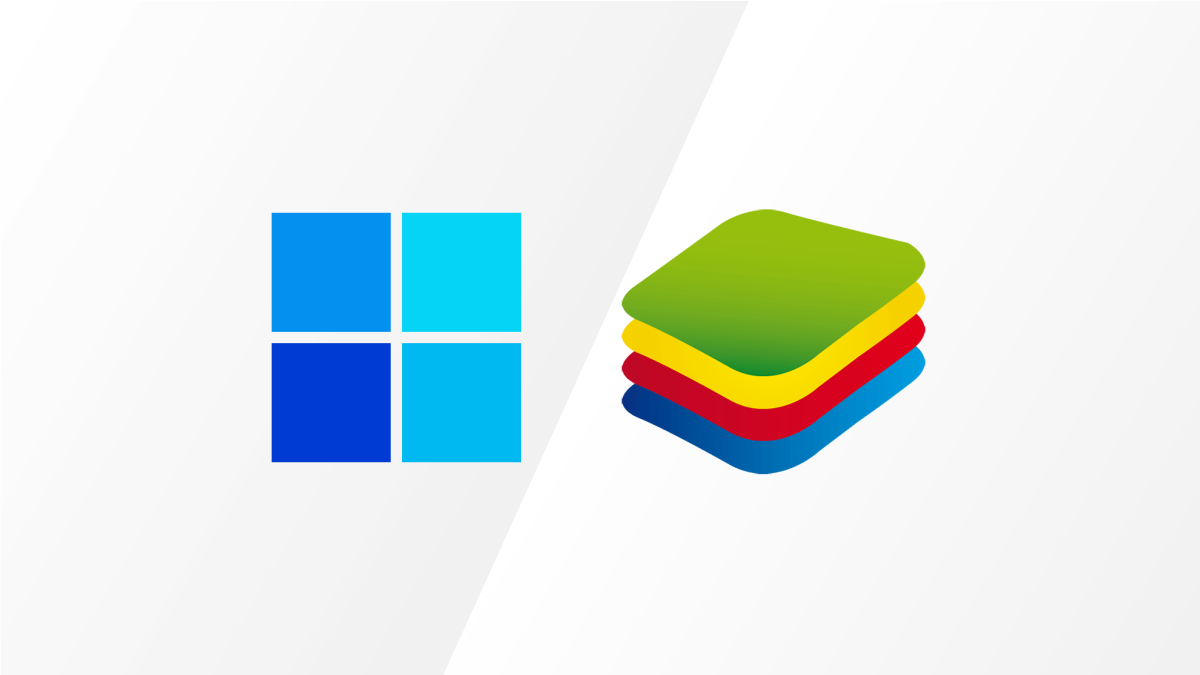Quick Links
One of the most exciting things about Windows 11 is the ability to run Android apps. But why exactly is that exciting? Hasn't it been possible for years with an app called "BlueStacks?" Yes, but this is much better.
It is true that it's technically been possible to run Android apps in Windows for a long time. The first stable version of BlueStacks was released all the way back in 2014. However, Android apps in Windows 11 and BlueStacks are very different.
How Does BlueStacks Work?
At the most basic level, BlueStacks in an emulator. It creates a virtual environment for Android apps and games to run inside. BlueStacks is quite literally an entire virtual Android device running on your Windows PC. It's all self-contained inside the BlueStacks app.
If you've ever heard of the term "virtual machine," that's essentially what BlueStacks is. The Android apps and games are not running in Windows, they are running in the virtual Android environment. That's a huge part of what makes BlueStacks different from Android apps in Windows 11.
Emulators and virtual machines can be great solutions, but they're not without problems.
Why Is Windows 11's Android App Solution Better?
The problem with emulators and virtual machines is they require a lot of resources from your PC. After all, it is literally an entire operating system running on top of your existing Windows operating system.
This has always been the big downside with BlueStacks. Running a virtual Android device on your PC does technically work, but it's more of a bandaid than a solution. It's not really a great experience and it puts a lot of stress on your computer's performance.
Android apps in Windows 11 are not running in an emulator. Windows 11 uses Intel Bridge Technology (IBT)---a "runtime post-compiler"---to natively run Android apps. The important term here is "natively."
We have a full explainer on how Android apps work in Windows 11. The important thing to know is that IBT recompiles the Android app's code with everything it needs to run in Windows 11. It bridges the native Android functions over to native Windows functions.
The result is Android apps that run natively in Windows 11 without any special work by the developers. You can install basically any Android app or game---either from the Amazon Appstore or by sideloading---and they'll just work.
Native Is Better Than Emulation
It all comes down to running native apps vs emulated apps. It's always better to use native apps. They can more efficiently use the resources of your Windows PC. They respect built-in Windows functions without any hacky workarounds. If you're looking for the absolute best way to run Android apps on your PC, Windows 11 is clearly the way to do it.



